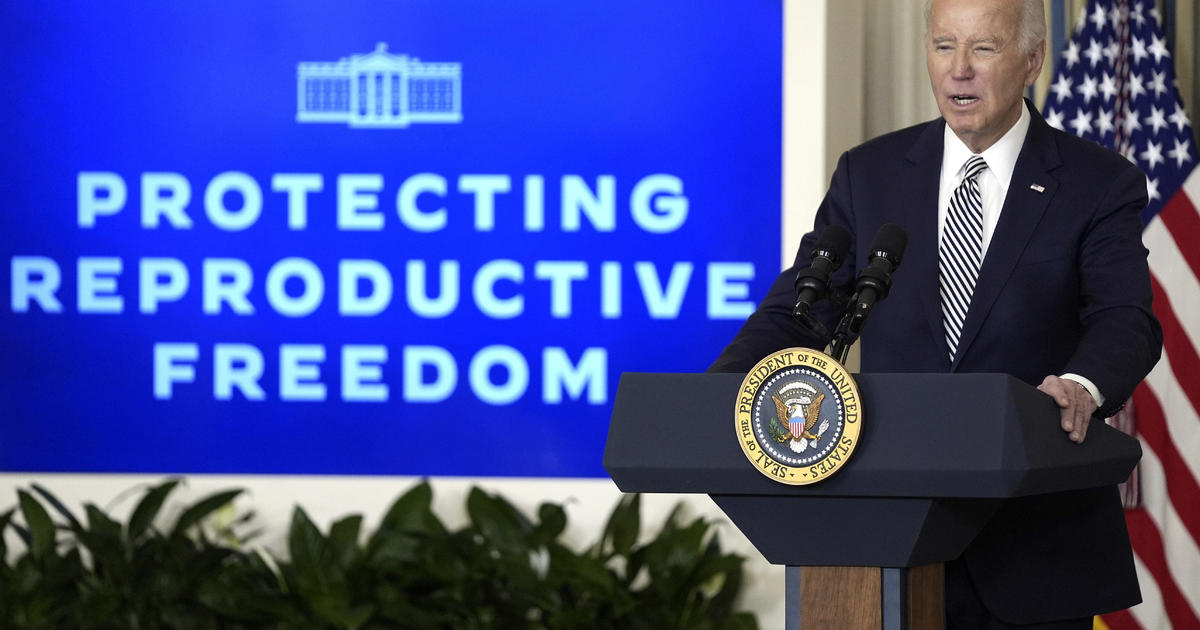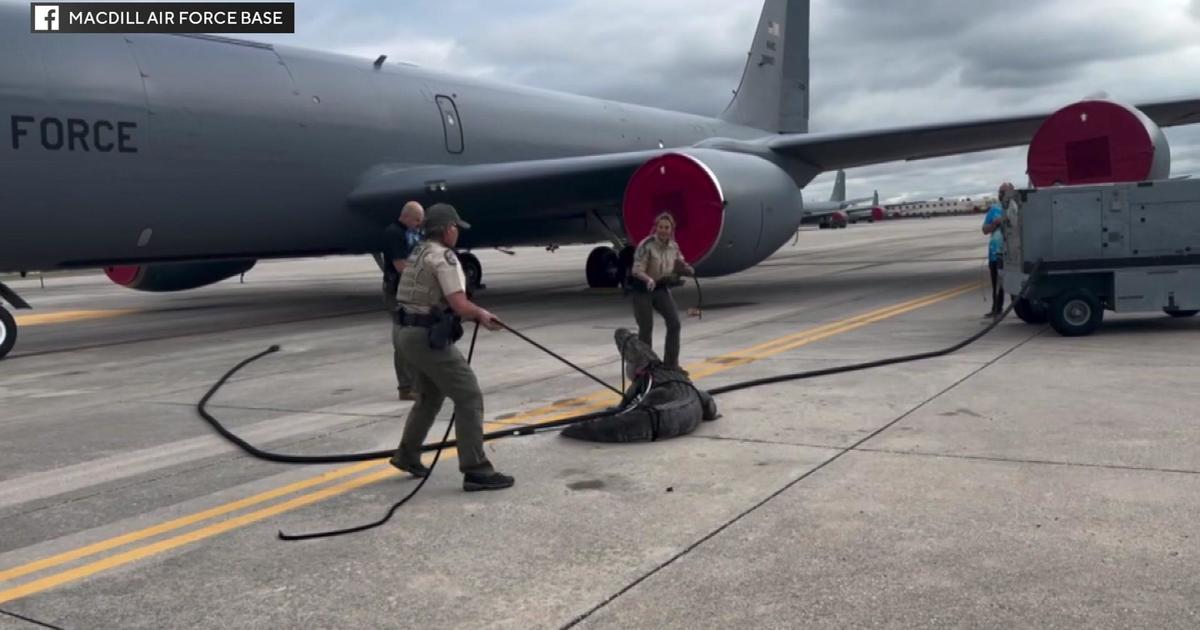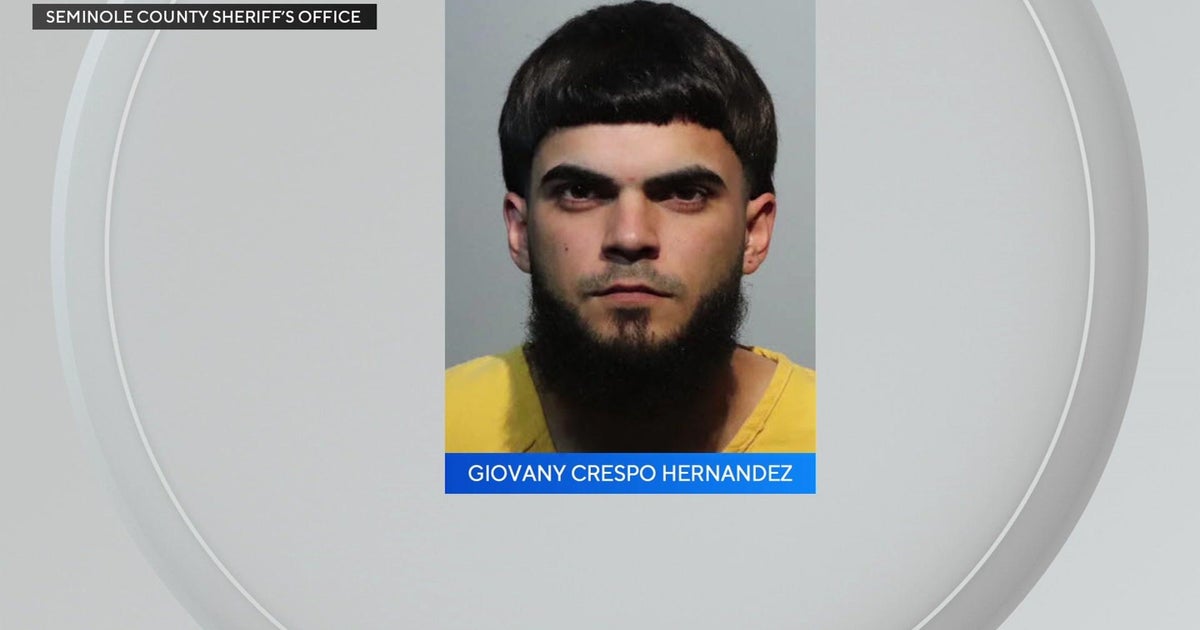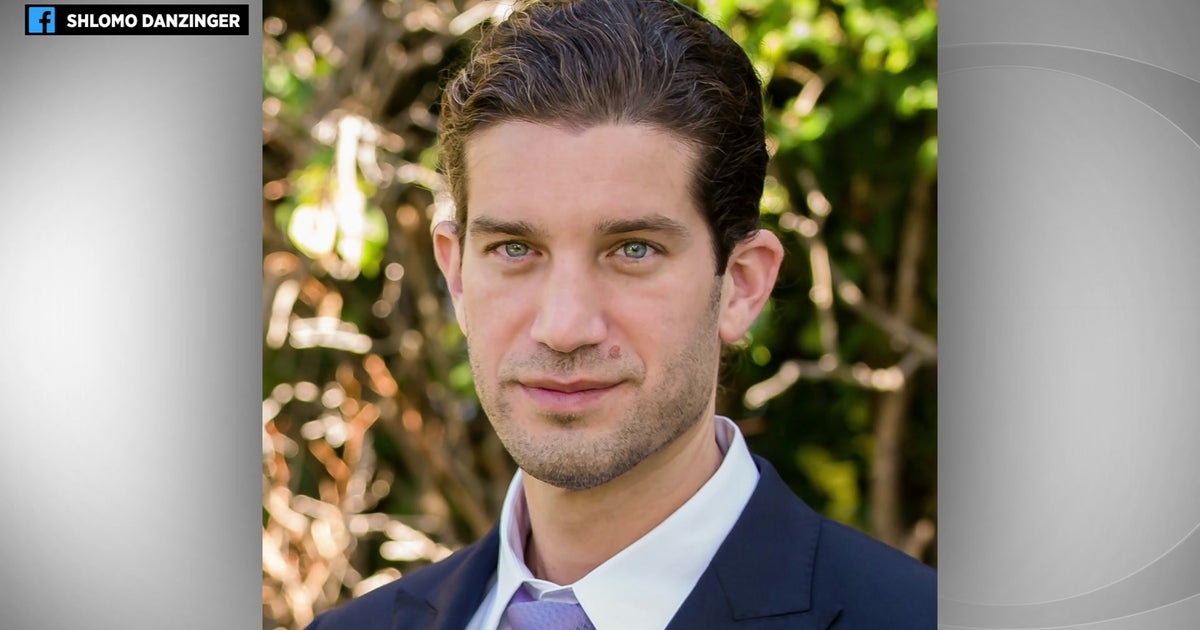Court Begins Working Through Redistricting Issues
Follow CBSMIAMI.COM: Facebook | Twitter
TALLAHASSEE (CBSMiami) – A Leon County judge and lawyers for the Legislature and voting-rights organizations on Tuesday began muddling through the legal process for deciding on a new set of districts for the 40-member state Senate.
While the hearing before Circuit Judge George Reynolds was largely procedural, attorneys for the two sides clashed over whether the coalition of voting-rights organizations, which includes the League of Women Voters of Florida and Common Cause Florida, faces the same burden of proof as lawmakers do when a full-blown trial about the maps begins Dec. 14.
Reynolds has the task of recommending one of five maps --- one drawn by Senate aides and four drawn by the voting-rights groups --- to the Florida Supreme Court after the existing map was set aside as part of a legal settlement. Lawmakers conceded in that settlement that the current map, drawn in 2012, would likely be found by the courts to violate a voter-approved ban on political gerrymandering adopted two years earlier.
A special legislative session called to come up with a replacement for the existing districts collapsed last month after the House and Senate failed to come to an agreement.
The Senate contends that the voting-rights groups should face the same burden of proof as the Legislature does to assure the court that the maps the groups are offering don't violate the voter-approved "Fair Districts" redistricting standards.
"It just cannot be the law that if you don't adopt our map, then you can adopt a map that was drawn with improper intent," said Raoul Cantero, a former Supreme Court justice who represents the Senate in redistricting litigation. "That's certainly not the intent of the voters when they passed the constitutional amendments."
Like other parties in the lawsuit, the voting-rights organizations have submitted information on who drew their maps and who had a role in reviewing or approving the plans. But Thomas Zehnder, one of the attorneys for the groups, said their proposals shouldn't face as high a bar as the Senate's suggested map.
"The court will have the information and the evidence it needs to make a determination about the validity of our maps," Zendher said. "We just don't believe we carry the burden of proof on the issue, like the Senate does in this (process)."
Reynolds said he agreed with Cantero, before coming up with another scenario.
"That seems to me to be the wiser course," Reynolds said. "Of course, the big fear is, what if all maps are contaminated?"
Zehnder said he believes at least one of the maps will be found constitutional. Cantero pointed to an old Senate request that called for Reynolds to hire an outside expert to start over from scratch, though Reynolds rejected that last month. He didn't seem eager to revisit the issue if all the maps are found to be flawed.
"If we get to that point, I may regret the earlier ruling," Reynolds said.
The News Service of Florida's Brandon Larrabee contributed to this report.



